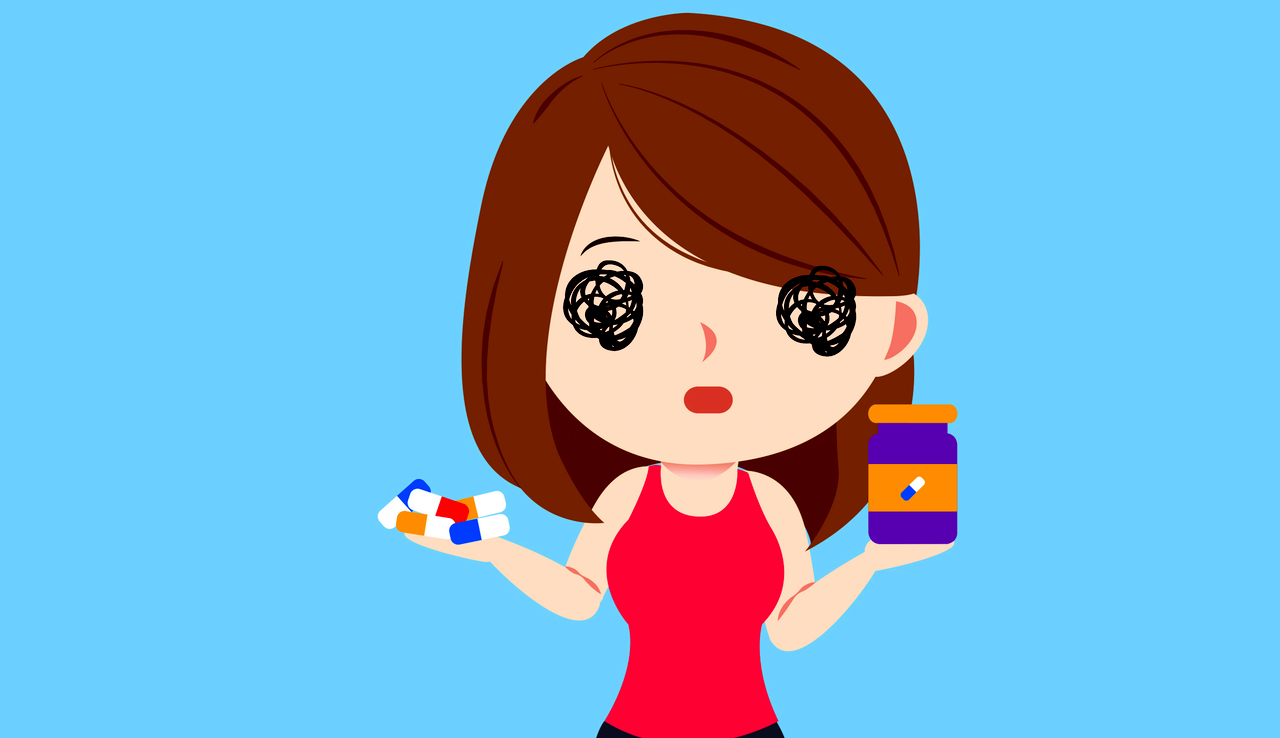It’s normal to worry and feel stressed, but if you worry to an extent where it consumes your thoughts, making you constantly anxious, you might be suffering from an anxiety disorder. Anxiety is a term for a group of disorders that cause nervousness, fear, and worrying. It affects how you feel and behave and you may experience physical symptoms like a pounding heart, headaches, sweating, an upset stomach and muscle tension.
Anxiety can range from mild to severe. Mild anxiety is unsettling and it’s possible to cope, but severe anxiety affects your day-to-day living, filling your life with endless worry. When anxiety reaches a severe stage, you need to get professional help. A therapist can diagnose your condition, and help you find ways to manage your anxiety better, so you can live a normal life.
One of the ways of treating anxiety is with medication. As with many other drugs though, it’s possible to become dependent on anxiety medication. If this is your only form of treatment, the anxiety medication becomes a quick fix, and you don’t develop other coping mechanisms to help get to the root of the problem. Instead, if you work through anxiety in counseling, you learn healthy coping strategies and ways to find calm amidst the storm.
Pop pills safely
It’s important to understand the possible side-effects from the most common anxiety medications.
There are two common types of anxiety medication, called Benzodiazepines and Buspirone. Benzodiazepines are stronger with more side-effects than Buspirone and are prescribed more often. In some cases, taking either drug may cause “paradoxical effects”. This means that you would experience a worsening of anxiety symptoms, rather than improving and in some cases, they could even cause your anxiety to escalate and spiral out of control.
Benzodiazepines side-effects
- Hypotension (low blood pressure).
- Decreased sex drive.
- Nausea.
- Memory loss.
- Lack of coordination.
- Emotional dysfunction.
- Difficulty thinking.
Buspirone side-effects
- Dizziness, a headache and blurred vision.
- Drowsiness and fatigue.
- Feeling restless or nervous.
- Nausea, dry mouth and an upset stomach.
- Insomnia
- A stuffy nose.
Pass on the pills
Severe anxiety will need to be properly diagnosed and dealt with but if your anxiety is mild, there are ways to cope without medication.
Make good memories
Think of it this way; positive thoughts kick bad thoughts to the curb. For example, if you go out and try doing a new activity like visiting a museum or eating at a new restaurant and you have a good time, you’ll create good memories. In times of stress and when you’re feeling anxious, thinking of those good memories will help you to cope with stress. Choose things you’ve always wanted to try or do things you enjoy to create new good memories that you can save for a bad day.
Yes to yoga
If you’re looking for an exercise that has physical benefits and can help with your anxiety, then yoga is your best bet. It’s a slow form of exercise which isn’t too challenging. This is beneficial because if you have anxiety, slowing down your life will make your symptoms more manageable. Yoga also teaches you breathing techniques which helps calm you down when you are anxious.
Find healthy distractions
When you have anxiety, your thoughts are often your enemy. Like positive thoughts, good distractions allow you to stop focusing on the negative and give yourself a break from feeling anxious. Speak to a friend who makes you feel good and who is positive, work towards any goals you may have and read positive books and watch inspiring videos.
Write it down
You might find it silly at first, but it works! Writing down how you feel can help you cope and beat anxiety. Writing allows you to let go of your thoughts, instead of letting them stew inside. It also allows you to put your worries down somewhere permanent, allowing you to linger on them less than you normally would.
References:
- https://adaa.org/tips-manage-anxiety-and-stress#
- https://www.medicalnewstoday.com/info/anxiety
- https://www.nia.nih.gov/health/what-alzheimers-disease
- https://www.calmclinic.com/anxiety/management
- https://adaa.org/tips
- https://www.helpguide.org/articles/anxiety/anxiety-disorders-and-anxiety-attacks.htm
- https://www.emedicinehealth.com/drug-buspirone/article_em.htm

